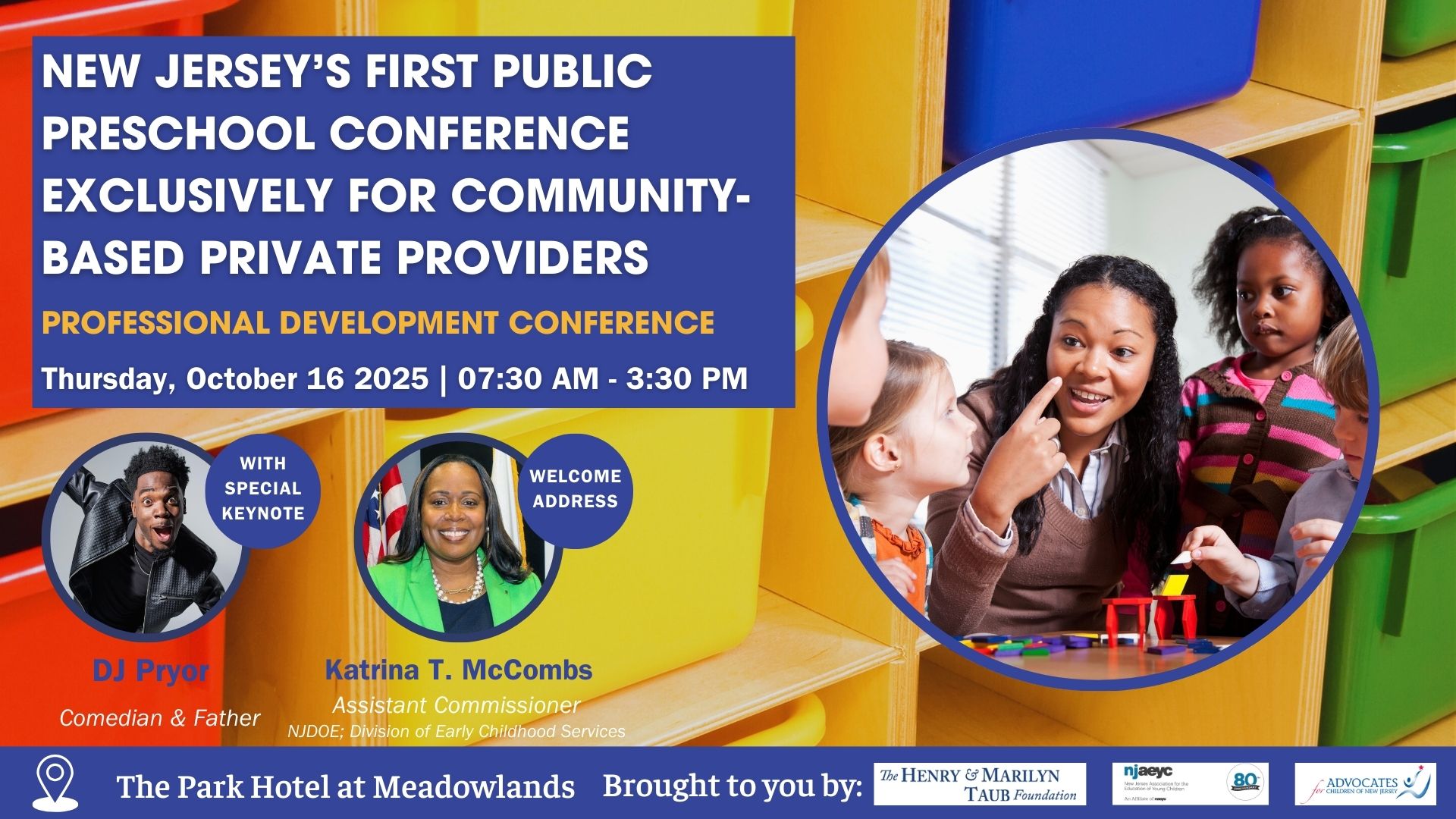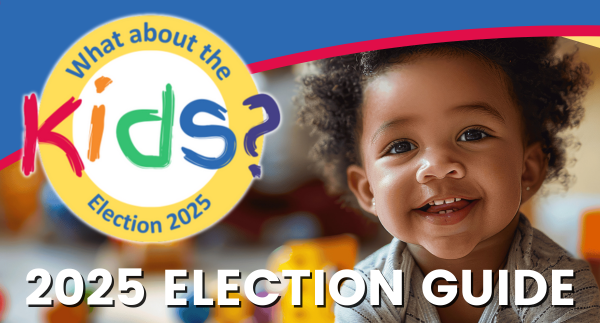Portions of the One Big Beautiful Bill Act, signed by President Trump on July 4, amended parts of the Social Security Act that outlined the requirements for a State plan for medical assistance, commonly known as Medicaid, and the Children's Health Insurance Program (CHIP). In New Jersey, our state public health insurance program is NJ FamilyCare.
What Changed in Medicaid and CHIP?
The law now requires states to:
- Reduce duplicate enrollments in Medicaid and CHIP.
- Ensure that deceased individuals are removed from enrollment rolls and that no payments are made on their behalf.
- Establish Medicaid “community engagement compliance” for certain individuals.
Lawmakers justify these measures as promoting “community engagement compliance” by encouraging work, reducing reliance on public assistance, and fostering self-sufficiency.
For working-age adults (ages 19–64) in the Affordable Care Act’s expansion group, the requirement is 80 hours of work or equivalent activity per month. As a medicaid expansion state, New Jersey adults apart in the program have to meet the work requirements. This can be met through:
- Traditional employment
- Community service
- School attendance
- Having earned income equal to or greater than 80 × the federal minimum wage
Enrollees must verify compliance every six months. These new changes to Medicaid eligibility will start to be adopted on December 31, 2026.
This new work requirement is said to be the strictest to be implemented so far in Medicaid history. However, not everyone can work 80 hours a month, especially people with significant health conditions. That’s where the “medically frail” exemption comes in.
Working-age adults in the Affordable Care Act’s expansion group are exempt from the work requirement if they are:
- Experiencing short-term hardship
- Pregnant and postpartum members
- Foster youth and former foster youth under the age of 26
- Veterans with rated disabilities
- Considered “medically frail”
- Receiving care in certain substance use disorder treatment programs
- Showing compliance with work requirements under TANF or SNAP
- Incarcerated or recently incarcerated
What Does “Medically Frail” Mean?
The bill defines a medically frail person as someone with “special medical needs” as determined by the Secretary of Health and Human Services. It lists specific examples:
- Blind or disabled individuals
- People with a substance use disorder
- People with a disabling mental disorder
- People with a physical, intellectual, or developmental disability that significantly limits their ability to perform one or more activities of daily living (ADLs)
- People with a serious or complex medical condition
While this list offers examples, the term itself is vague. That vagueness has real consequences, and if you don’t know whether you qualify, you might fail to apply for an exemption you’re entitled to.
This is not the first time “medically frail” has been used in federal law. It appears in the Affordable Care Act (ACA), the Food and Nutrition Act of 2008, the RAISE Family Caregivers Act, the Older Americans Act, and the Indian Health Care Improvement Act.
Medically frail means having a physical, mental, or medical condition so serious that it makes it hard or impossible to work, go to school, or do daily activities without significant help. This could be due to a chronic illness, a disability, a severe injury, or ongoing treatment that limits your ability to live independently.
In short, if your health condition prevents you from sustaining steady work or normal daily function, you might qualify as medically frail.
Impact on New Jersey (NJ FamilyCare)
Many people may not know that NJ FamilyCare is the state's version of Medicaid, or that New Jersey is part of the Medicaid expansion group. Medicaid offers free or low-cost health coverage to eligible residents who meet specific income and other requirements.
Under these new federal rules:
- Work requirements mean that more NJ FamilyCare recipients will have to track and report their employment or volunteer hours, resulting in increased paperwork.
- Individuals who consistently miss deadlines or fail to provide required documentation may lose coverage, even if they still meet the qualification criteria.
- The Congressional Budget Office projects that the law will save the federal government over $1 trillion in the next decade, largely from people losing coverage due to eligibility changes and administrative hurdles.
For many in New Jersey, especially in urban areas where jobs may be unstable or seasonal, meeting an 80-hour monthly work threshold could be challenging. This is compounded by the fact that the bill also introduces new cost-sharing (copays) for this group, making healthcare less affordable even for those who remain eligible.
Impact on Children
While children are not directly subject to work requirements, they are deeply affected when their parents or caregivers lose coverage.
Here’s why:
- Loss of coverage for parents can make it harder for families to access preventive care, manage chronic conditions, and keep up with children’s health needs.
- Research shows that when parents are uninsured, their children are less likely to attend regular check-ups, even if the children themselves are still covered.
- If household income drops due to illness or loss of Medicaid coverage, families may struggle to afford medications, transportation to appointments, or healthier food, thus indirectly harming children’s well-being.
For New Jersey specifically, where NJ FamilyCare enrollment for children is high, disruptions in coverage for adults could ripple into higher emergency room visits, poorer health outcomes, and greater strain on school-based health programs.
The exemption for the “medically frail” is critical, but its vagueness makes it hard for people to know if they qualify. Without clear, accessible guidance, many who should be exempt could fall through the cracks, potentially losing essential coverage.
For New Jersey, these changes will test the resilience of NJ FamilyCare, increase the administrative burden on families, and, most concerning, potentially harm children’s health outcomes. The challenge will be making sure the people who truly cannot work are identified, protected, and supported.







